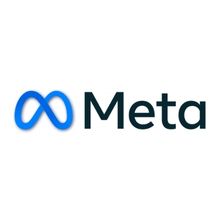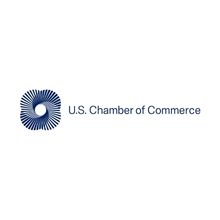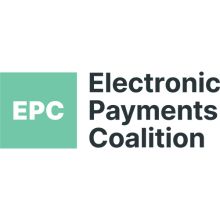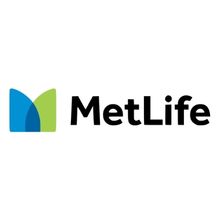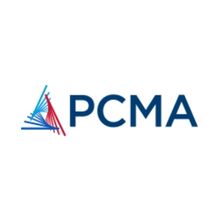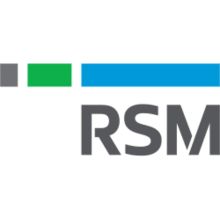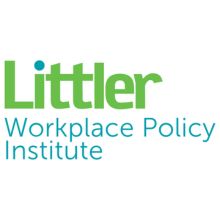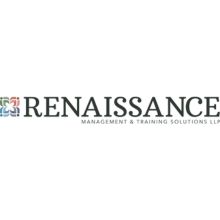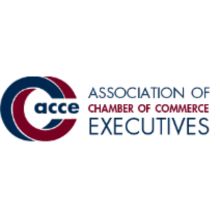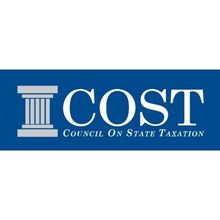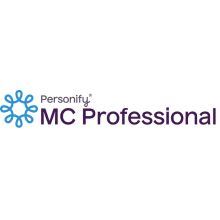Education Savings Accounts (ESAs)
Last updated August 2019 Education Savings Accounts (ESAs) allow parents to use the funds that would have been allocated to their children at their resident school district for an education program of the parents' choosing. Funds are provided to parents on a debit card and can be used on qualified educational purchases, such as private schools, tutors, test preparation, or career training. Critics caution against the rise of ESA programs and warn that the accounts could lead to abuse of the system, a waste of public funds, and subsidizing private education with few quality controls. The debate will continue as states consider bills establishing their own. Additionally, legislatures in states that have already established ESA programs are considering bills to strengthen and expand these programs. Current ESA ProgramsFive states currently offer education savings account programs—Arizona (2011), Florida (2013), Mississippi (2015), North Carolina (2017), and Tennessee (2015). Florida, Mississippi, North Carolina, and Tennessee limit ESAs to students with disabilities. Arizona offers them to a wide range of students, including those living in the attendance zone of a failing school, foster children, children of active-duty military personnel, students living on reservations and students with disabilities. Arizona was the first state to pass an ESA program, referred to as Empowerment Scholarship Accounts in Arizona, in 2011. The program began by focusing on low-income and special needs students, but after several expansions, now covers 230,000 children. Florida, North Carolina, Mississippi, and Tennessee have also established ESA programs, however, these programs restrict participation to students with special needs. Florida's program, the Gardiner Scholarship Program, launched in 2015. In 2017, Florida expanded its ESA program to include students with intellectual disabilities. In April of 2015, the Mississippi legislature passed, and Governor Phil Bryant (R) signed, the Equal Opportunity for Students with Special Needs Act (MS SB 2695). In 2017, North Carolina enacted the Education Saving Account Program and the program launched in the 2018-2019 school year for students with certain special needs and disabilities. Tennessee passed a similar ESA law (TN SB 27) similar to the Mississippi for students with special needs in 2015. Nevada ESA ProgramIn 2015, Nevada — a state that has been widely criticized for its education system — passed (NV SB 302), an expansive ESA law, on party-line votes. The Nevada ESA program would have allowed any parent with a child enrolled in a Nevada public school for 100 consecutive school days to leave the school and receive 90 percent of the average state education funding per student (about $5,000) into an ESA account (low income or special education students receive 100 percent of average state education funding). The account could then be used to pay for private school tuition (including religious institutions), class fees, homeschooling, textbooks, tutoring, or taking tests for Advanced Placement courses, college entry, or state standardized tests. The legislation is a big bet on school choice, and ESAs in particular, going further than any other state ESA program. In September 2016, the Nevada Supreme Court struck down the state’s ESA law. The Supreme Court stated that while using taxpayer money for private education was constitutional the method being used to fund Nevada’s ESA program, diverting money authorized specifically for public schools, was unconstitutional. The Nevada Legislature failed to fund the ESA program in 2017, however, in 2019 a new bill, AB 218, was introduced and proposes to put nearly $60 million towards the state’s ESA program. The fate of this bill is currently unknown, and during his campaign, Governor Steve Sisolak (D) promised not to allow public funds to be diverted to private schools. Nevada’s ESA program is currently inactive. Research & ResourcesChamber Resources
Research
Journalism & Opinion
|

